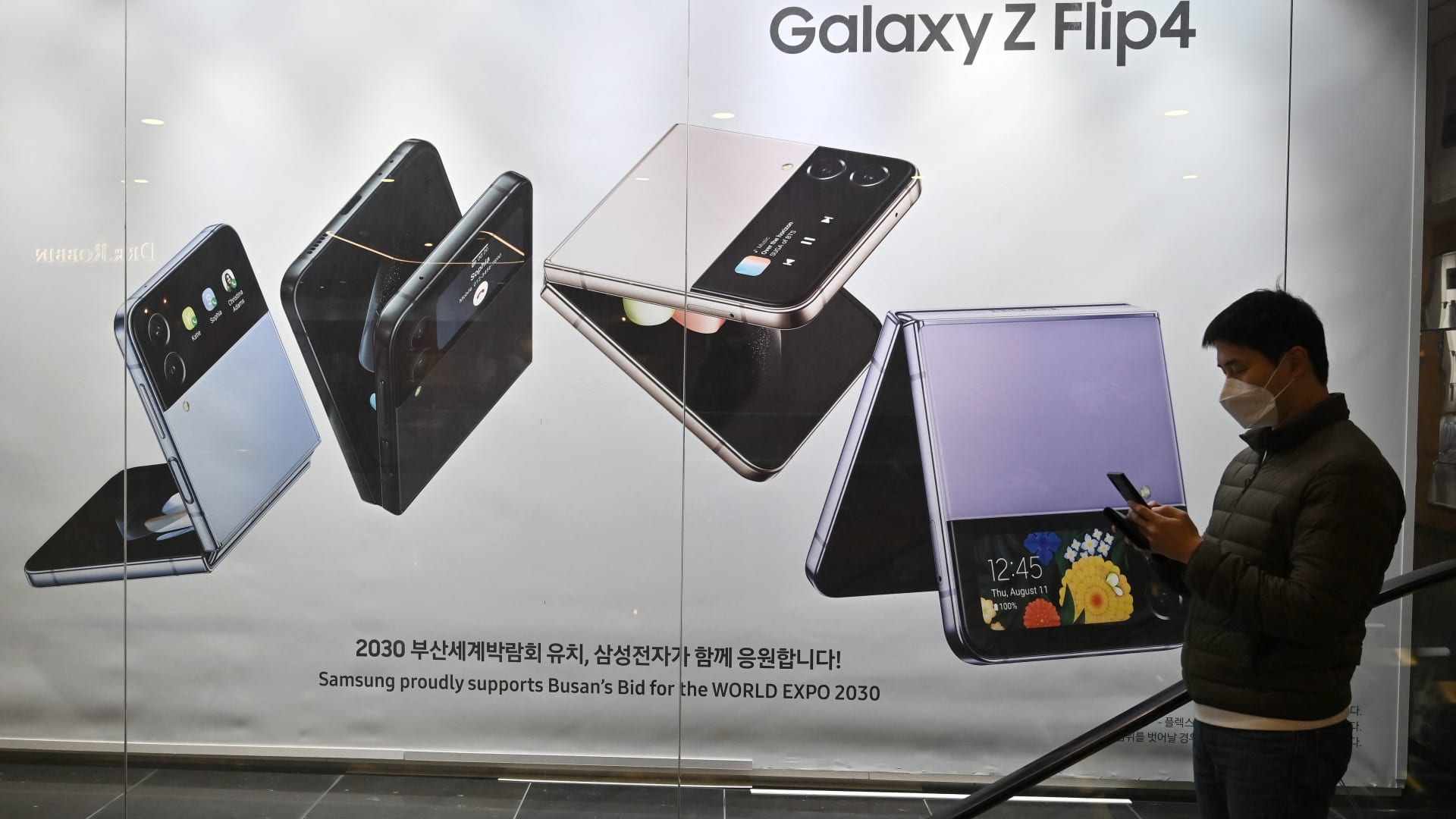A fresh impression of the Iraqi jigsaw puzzle
We were in the company of the Iraqi Kurdish leader, Jalal Talabani, at his retreat on the banks of Lesser Zab river overlooking the Dukan lake, approximately an hours drive north of Suleimaniyya, the Kurdish city in Northeastern Iraq. President Bush’s Special Iraqi Coordinator Robert D. Blackwell’s helicopter had just departed for Baghdad, taking with it prominent members of the Iraqi Government Council who had put the final touches to the composition of the government, or rather who had bargained with the names to those who are to take part in it. Talabani had convened his Patriotic Union of Kurdistan (PUK) political bureau in order to inform them about the point reached, and after receiving his family members all the way from Kirkuk who were proud to see their kin in a leadership position of Iraq, he spared his afternoon for us where we discussed a wide range of issues.
We learned that our good friend, Dr. Barham Saleh, is to be declared the foreign minister of Iraq in the new government and that sovereignty would be transferred by June 30. He was in Washington at the time and because of the time difference, Talabani waited almost an hour before calling and informing him about the deal. We did not miss the opportunity to tell him on Talabani’s phone, jokingly, that we "endorsed" the decision concerning his new, prestigious and influential post.
And there we learned that the former Baathist, a secular Shiite with strong CIA links, especially cultivated in the 1990’s, Iyad Allawi will get the portfolio of prime minister. The choice of the president had remained uncertain. The post would go to a Sunni Arab. Despite, the presidency is designed to have limited powers, it, nonetheless, would be important for its symbolic value. Its symbolic value does not only drive from the title itself, but filling the office of presidency by a Sunni Arab would be a consolation prize to the community largely identified with Saddam Hussein and also providing the link with the rest of the Arab world, thereby preserving the Arab identity of Iraq. The two candidates were the octogenarian, a former Iraqi foreign minister (in 1963), Adnan Pachaci from Baghdad and Ghazi al-Yawar, the current president of the IGC (Iraqi Governing Council), an American-educated engineer, head of the powerful Shammar tribe with branches extending in Syria and Saudi Arabia from Mosul.
The Kurds opted for Ghazi al-Yawar. Talabani’s professed choice is confirmed to us, by the rival Kurdish regional government’s prime minister Nechirvan Barzani in Erbil, a day later. Having a Sunni Arab prime minister from Mosul, from Northern Iraq, with whom the Kurds are having cordial relations and sharing a common geography, would be significant to strike an overall Sunni-Shiite balance in Iraq.
Talabani had told us the new government would be announced either on Sunday or Monday. Yet, yesterday, we all learned that the announcement is delayed because of a dispute between the Iraqi Governing Council who support the choice of Ghazi al-Yawar and the Americans (Bremer) and U.N. Envoy Brahami who lined up behind Adnan Pachaci. Both Ghazi al-Yawar and Pachaci are IGC members. Both enjoy close relations with Saudi Arabia and the Arab Gulf countries. So, why and what is the big deal or the dispute about the choice? Is it significant?
It is. It reflects whether the decision-making in Iraq would belong to Iraqis themselves or those "outsiders" being the outgoing the CPA (Bremer) and the U.N. (represented in the person of Lakhdar Brahimi). The Iraqi Governing Council, though an American-appointed collection of political personalities and being discredited in the eyes of local Iraqis — mainly thanks to the American monopolization of running Iraqi affairs by marginalizing the ICG — nevertheless, has many members that can call on solid grassroots support — especially its Kurdish members like Massoud Barzani and Jalal Talabani — and poised to take over not a fake but real sovereignty from the hands of the Americans.
In a nutshell, the dispute on the choice of presidency is a competition between the Iraqi allies of the Americans and the Americans themselves. They are not the same thing and the resolution of the dispute might determine how the situation in Iraq could proceed in the post-June 30 period. Even the selection of Iyad Allawi has been an Iraqi choice, as the ICG rallied unanimously behind him.
Americans did not raise an objection and then Brahimi consented, though Allawi was not his first and best choice. In naming the president, a somewhat different dynamic has been shaping up in the rivalry between Pachaci and Ghazi, as in this case the Iraqi political leaders are facing down both the Americans and Brahimi. The New York Times columnist William Safire is right calling Brahimi, Blackwell and Bremer as "the fast-fading three B’s" and observing that "the Kurds who have so far been outmanouevred by Iraqi Arabs and, as usual, abandoned by our State Department, prefer the younger Ghazi al-Yawar … The purpose of all this jockeying is to form an organization capable of holding an election in a country beset by Saddam loyalists and terrorists determined to block that election."
As a matter of fact, every move, every step is linked to the elections to be held in January 2005. Until that date and even after that, nobody who is sane in Iraq — and there is no shortage of them — is entertaining dreams that the violence would die. Iraq will proceed forward through the spasm of violence and terror. This looks to be the case, except the Kurdish dominated governorates of Erbil, Suleimaniyya and Dohuk that make up the Iraqi Kurdistan and north Iraq, excluding Mosul, the hotbed of virulent Arab nationalism and Kirkuk, the ticking ethnic time-bomb. The Kurdish leaders, whether in the PUK or KDP (Kurdistan Democrat Party) controlled regions are keen to protect their territory from the spilling effect of violence in the Shiite or Sunni-dominated south and central Iraq. The Kurdish north Iraq is relatively safe, secure and stable with booming economic activity.
Anybody who visits it nowadays can hardly believe that it is part of Iraq that they learn about through international media coverage. In a sense, Peter Galbraith’s "three-state solution" for Iraq, which federalism or even as a better formula "a loose confederation" that would make Kurdistan (north) and the Shiite south governable could be the best way to ensure Iraq’s territorial integrity and survival.
This is our sharp observation spending the last week in the northern territorities of Iraq amidst the jockeying to construct a new Iraqi government to wrest the political control of Iraq from the discredited occupationist American power.
The Arab-American scholar Fouad Ajami wrote a piece in the Wall Street Journal on the day of my departure for Iraq. The title was "Iraq may Survive but the Dream is Dead." The following lines needs to be quoted: "But gone is the hubris. Let’s face it: Iraq is not going to be America’s showcase in the Arab-Muslim world … Once the administration talked of a "Greater Middle East" where the "deficits" of freedom, knowledge and women’s empowerment would be tackled, where our power would be used to erode the entrenched despotisms in the Arab-Muslim world. As of Monday night, we have grown more sober about the ways of the Arabs.
No foreign sword, however swift and mighty, could cut through the Gordian knot of a tangled Arab history … In their fashion, Iraqis had come to see their recent history as a passage from the rule of the tyrant to the rule of the foreigners. We had occupied the ruler’s palaces and the ruler’s prisons. It was logistics and necessity, of course — but that sort of shift in their world acquitted the Iraqi people, absolved them of the burden of their own history, left them on the sidelines as foreign soldiers and technicians and pollsters and advocates of "civic society" took control of their country."
I cannot agree more with these after being in Iraq, on the spot during each of the interesting milestones of Iraq’s reconstruction efforts. As long as, Iraq is "de-Americanized" the violence will take its toll. And, as quick as it is "Iraqicized" not only it will survive but as the current "Kurdistan picture" demonstrates, it will be alive and kicking. That is the case in the north, because, it is a self-rule; it is "Kurdicized."
It may not be the fulfillment of the American "dream." But, Iraq has never been a dreamland. Let us see it, as it is.
Iraq may survive but the Dream is dead
The subdued, somber tone with which the war is now described is the beginning of wisdom. In its modern history, Iraq has not been kind or gentle to its people. Perhaps it was folly to think that it was under any obligation to be kinder to strangers.



